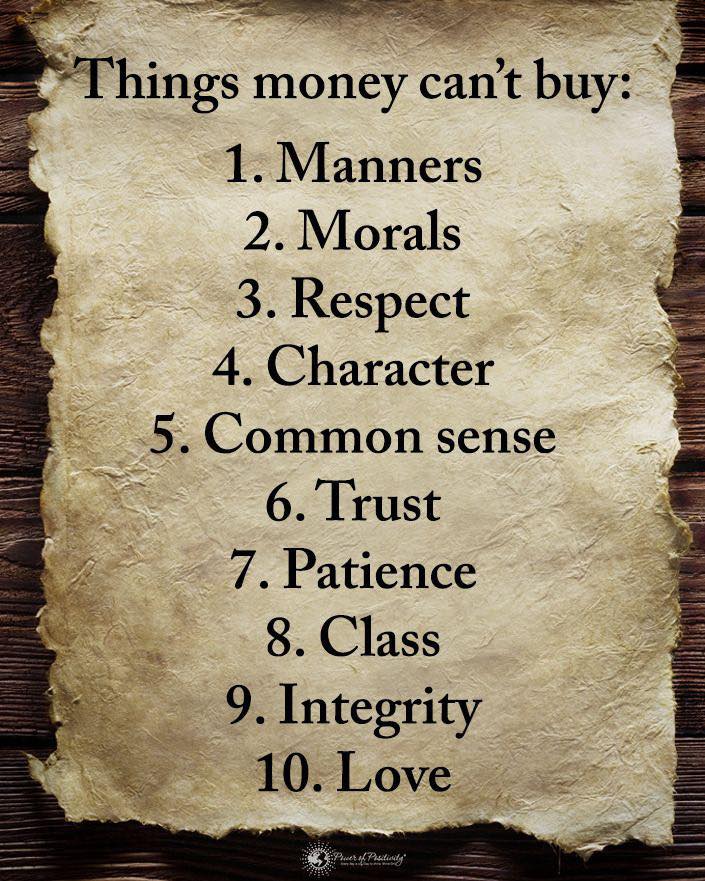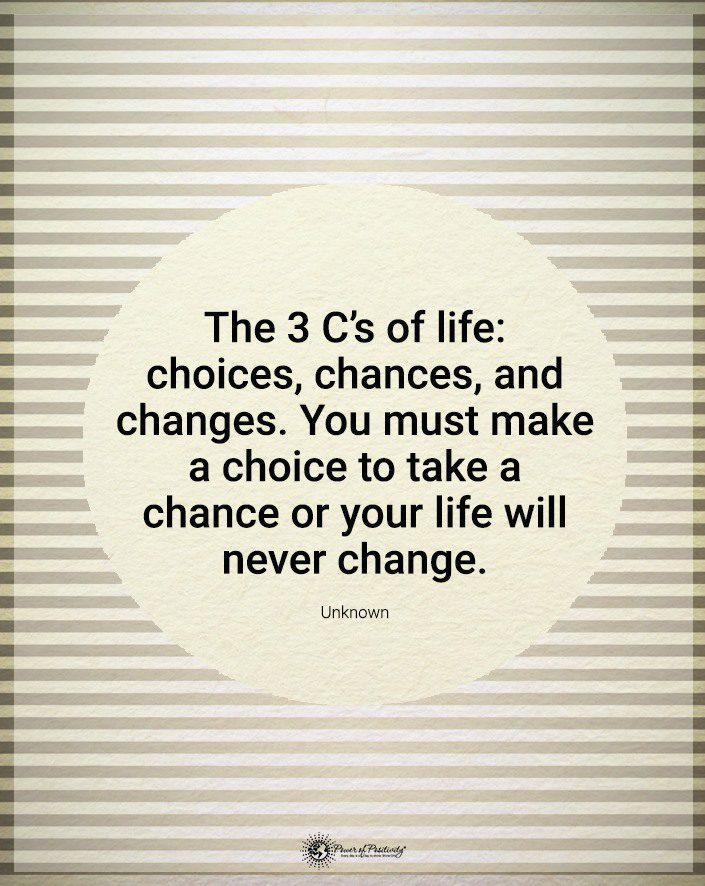Anyone who tried to achieve something has likely felt a terrible slump somewhere down the road. As the initial motivation burns away, you find yourself needing incredible willpower to want to continue working on these goals and fighting your way past challenges. Holding yourself accountable becomes more and more complex the longer you find yourself without inspiration–accountability matters!
This is why it’s essential to maintain personal responsibility for your goals and tasks in life. Without that accountability, it’s easy to give up, lose discipline, or do sub-par work that leaves you unsatisfied and discouraged to work further. It’s how many dreams, and goals die out long before they’ve even truly begun!
It’s often difficult to stick to goals and tasks. The negative stigma against occasional failure has made us feel almost ashamed of needing help to maintain personal responsibility. But you don’t need to feel embarrassed about utilizing intelligent methods to keep yourself going! Here are four ways to be more accountable.
1. Set Micro-Goals
Goals don’t have to be big, lofty things. In a vast majority of cases, it’s wisest to break your big, long-term goals down into smaller goals. These goals are like stepping stones slowly leading you where you want to go.
Smaller goals are less intimidating and are often more actionable, as they’re specific and easier to think of how to work toward. Instead of thinking that you’ll achieve a big goal one day, you’ll have goals in front of you that you can fulfill shortly. Many people set annual, five-year, and ten-year goals, but you can add more, such as yearly or monthly goals.
When making goals of any size, make sure you’re following the research-backed SMART strategy:
· Specific
The more specific a goal, the better it is to hold yourself accountable. For example, if you say, “I want to read more books this month,” you’re opening up a lot of wiggle room for excuses. You might read just one extra book, or you might end up struggling to fit books into your schedule at all. A better, more specific goal is “I want to read three books this month. I will set aside two hours each Saturday and Sunday to dedicate to reading.” This means you know three books are a must-do, and you have an excellent way to make that happen.
· Measurable
Abstract goals sound nice in concept, but they’re terrible at holding you accountable. To ensure that you’re meeting your goals, you have to be able to measure them in some way. Saying “I want to be more grateful” doesn’t give you any way to measure that gratitude, leaving it open to interpretation. A better goal is “I will keep a daily gratitude journal where I list three things I’m grateful for each night. I will also say ‘thank you to at least ten people daily.”
· Achievable
It’s great to have big dreams, but they must be authentic if you want to be more accountable. Goals should challenge you, but they shouldn’t be impossible, and they shouldn’t end with you burning out to make it there barely. Unachievable goals will only discourage you, potentially causing you to abandon your journey.
· Relevant
Smaller goals should be a lead-up to your bigger goals. That means they have to be relevant to them. As you set goals, ask yourself how your smaller goals are helping you to move towards the bigger ones. If it’s helpful, you may want to make a mission statement that defines your overall goals first, so you have a guide to stick to as you make plans.
· Time-Bound
A goal that has no deadline is one that never has to be fulfilled. That’s why accountability requires something time-sensitive. All plans should have a time-bound space, by which point you should have achieved that goal. It’s okay to adjust your deadlines based on new information and knowledge, but for the most part, you can keep yourself accountable by setting and making deadlines.
2. Change Your Environment
Many long-term goals that require accountability are difficult to maintain if your environment remains entirely the same as it did before. Even those with high levels of self-control and discipline can hold themselves accountable more effectively when they make changes to their environments, say studies.
There’s no shame in needing to alter the things you interact with to meet your goals. Most people you think are more disciplined are better at managing their environments. Minimizing your contact with something that tends to derail you can be a big game-changer. For example, you might:
- Stop spending time with people who enable unwanted or derailing habits
- Put your phone in a different room so you don’t procrastinate by checking it, or leave it at home when you can
- Reduce the number of snacks in your house if you’re trying to stop unnecessary snacking
- Create specific spaces dedicated to focusing on your goals, such as setting up a small office only for that use, going to a library or cafe when you work on that goal, or rearranging your furniture. Hence, you have a neat desk environment.
- Look up various studies on things in an environment that spur productivity, such as plants or proximity to a window, and adapt your environment to those features.
Some people might say that it’s “weak” to need to remove these things to stop yourself from giving in to lethargy or stagnation. But the fact is that the less time and energy you have to spend fighting temptation and impulses, the more quickly you can hold yourself accountable and stay accountable.
Over time, you can make slow, steady adjustments to your environment that allow you to stick to your goals even in the presence of temptation. But, for now, start small!
3. Have An Accountability Partner
There’s no shame in needing a little help in staying accountable. That’s why many successful people are surrounded by those who hold them accountable and keep them on task.
Studies have shown that having a partner who holds you accountable in some way is immensely beneficial to success. This is even better when you and your accountability partner are mutually helping each other to stay responsible, creating friendly competition and empathic support.
Don’t have a specific accountability partner? There are many different ways to have external forces that hold you accountable, such as:
· Announce What You’re Doing On Social Media
Social media isn’t always a good thing regarding goals and staying accountable, as it’s easy to get lost in unhealthy social comparisons and external factors. But when harnessed correctly, it can be a good tool for accountability. First, announce what you plan to do on social media. Then, commit to posting your progress and updates on your journey toward these goals. You can be more motivated to meet goals when spurred on by the knowledge that others are watching you.
· Find A Mentor
A mentor can set you on the right track, give you actionable advice, and speak from a place of experience. Seek someone who has been where you are before and has achieved the goal that you want to achieve, and ask them to mentor you. This gives you a little boost in your efforts while keeping you encouraged. Mentors can also naturally make you want to make them proud, further motivating them!
· Seek Feedback
Make it a habit to find feedback from those around you. Ask people for opinions and advice and listen carefully and closely to what they say. Not all feedback will be accurate or usable, but collecting different ideas will broaden your perspective and open you up to essential critiques. Now that you have this feedback, you can use it to improve. Then, you can check back in with those who gave you the feedback later to ask if you’ve improved or for other criticism!
4. Take Breaks And Reward Yourself
Accountability isn’t all about tedious, serious tasks and focusing solely on responsibilities. It’s also about being able to celebrate the successes that you have. Taking breaks gets a bit of a bad reputation in today’s hustle culture, but the fact is that you’re doing yourself a disservice by not resting when you may need to.
As counterintuitive as it sounds, you must take breaks to ensure that you stay accountable. This is for the following reasons:
· You Need To Reset
Studies show that staying focused on one task can cause your performance and productivity to drop. You need to actively choose to deactivate your goals and reactivate them to ensure refreshed focus on your path. Without that reset, the human brain begins to struggle to stay concentrated.
· You Regain Energy
Working non-stop gets tiring quickly, and you’ll feel drained and burned out. Giving yourself the chance to rest allows you to recuperate that lost energy. Trying to chug on through tasks while you’re exhausted isn’t going to lead anywhere productive, so take that break.
· You’ll Be More Motivated
When nothing notable comes from meeting small goals, it’s easy to feel like everything is worthless. If your only reward from achieving a goal is that you now must move on to the next, you’ll burn out pretty quickly. Knowing that a nice break and good reward await you at the end of your small goals is crucial to staying inspired.
· You’ll Have Time For Health
Accountability means nothing if it harms your health and prevents you from progressing. You have to be healthy to continue working toward your goals. Taking a break allows you to focus on healthy habits that keep your body and mind sharp and decisive.
Final Thoughts On Some Effective Ways To Be More Accountable
Accountability is a valuable trait but must be carefully built over time. The more you practice ways that keep you accountable, the better your self-discipline, responsibility, and self-control will become.

















 Community
Community

